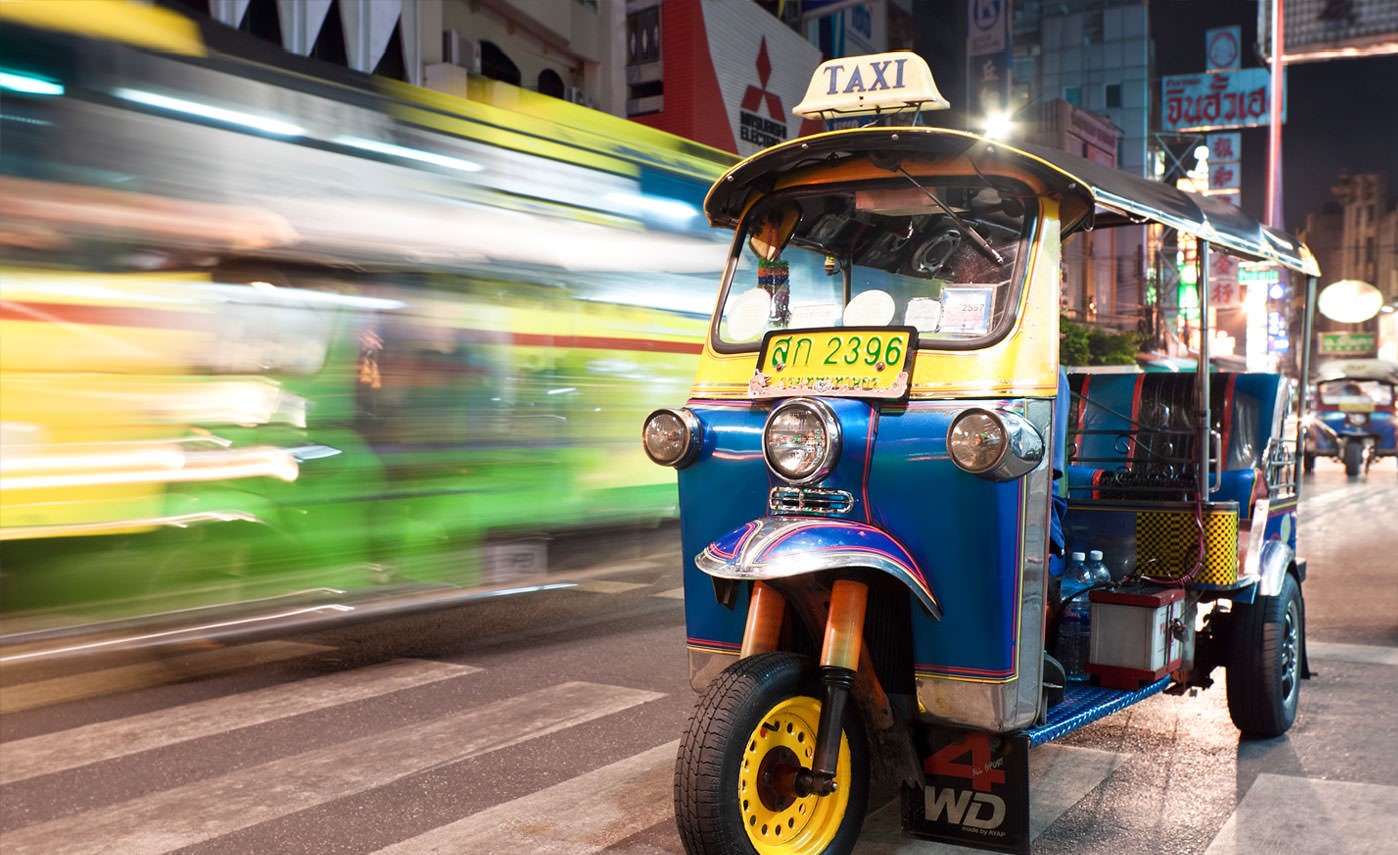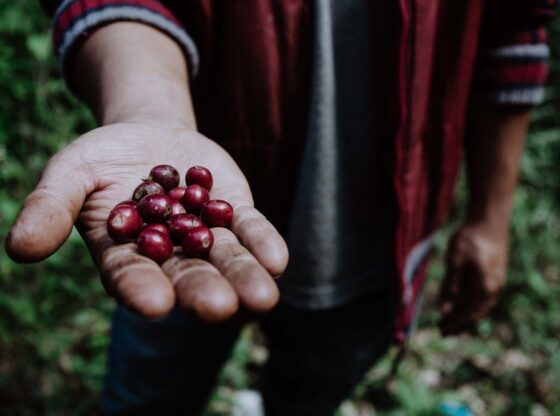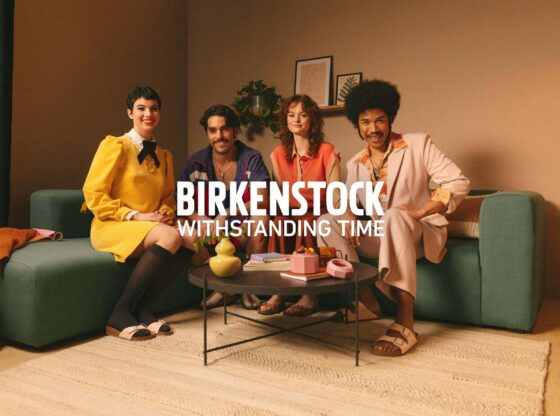![]()
Economic Realities in the Land of Smiles
Did you ever take an old retired person to the grocery store and see the look on their face.
For those that have taken themselves out of work-a-day life, sticker shock is inevitable.
I remember my grandmother picking up a jar of jelly on the kitchen table to see the price on the lid. She let out an exasperated sigh and said “Thangs is high ain’t they?” (Forgive her grammar, she’s from Kentucky).
For expats and frequent visitors, Thailand seems to be getting expensive.
Sit around any local watering hole and you are sure to hear this phrase repeated often; “I remember when you could buy a (add item or service here) for (add ridiculously low price here).
When I arrived in the late 90’s, the exchange rate was 44 beaten up old Thai Baht to one of my muscular US Dollars. Everything seemed cheap.
I stayed in a 5-Star hotel for less than $89 per night. I rarely ate a meal that cost more than $5. When I drew 20,000 THB out of an ATM machine it amounted to less than $500.
Those were heady times.

That exact same hotel room today is well over $200 USD.
A $5 food budget would have me eating exclusively at food courts. And 20,000 Thai Baht will cost me over $600. What’s more, 20,000 baht just doesn’t buy as much of anything as it used to.
The obvious impulse is to point our finger at the obnoxiously strong baht.
Since the most recent coup, the baht has gained and maintained strength at an amazing rate. It has outperformed all other Asian currencies by 8%.
This fact multiplied by the weakening of western currencies makes it seem a lot worse.
A combination of foreign investment in Thailand and Thai investment in foreign securities has made simply made Thailand a more valuable country than it was before.
Foreign investors have gobbled up Thai bonds partially on speculation, but mostly based on confidence in the Thai economy. The Thai government has loosened restrictions on Thai investment abroad which has meant a pressure relief valve of outflowing currency as well as a wider investment base.
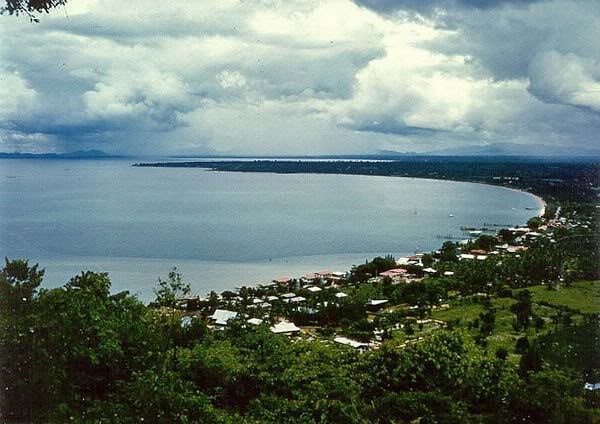
Most economists agree, this is a trend that is going to last all the way through 2018 whether we have an election or not.
One would think that such a strong currency would damage an economy that depends on 70% of its GDP from exports, but Thailand has bucked the trend so far. Get used to 33 baht to the dollar or less.
And make no mistake, the strong baht is the reason things seem to cost more. Inflation in Thailand has slowed to a crawl.
From a negative number in 2015 to .2% in 2016 and an average of .9% predicted this year. Prices aren’t skyrocketing, the money many of us are paid with is getting less valuable.
But, just because things don’t seem as cheap as they used to be, does that mean Thailand is too expensive for expats and retirees? Let’s face it, things aren’t as cheap as they used to be anywhere; that’s just life on planet Earth. Inflation has taken a much bigger bite in many of the countries we come from. And, many of our home currencies have weakened severely. So, let’s be fair and compare life in Thailand to some of those places we call home.
If you come from Manchester, England, consumer prices are 65% higher overall than they are in Pattaya, Thailand, more if you include rent. Restaurant prices are 208% higher.
If you come from San Francisco, California in the US, consumer prices are 107% higher than in Pattaya. Rent is nearly 230% higher, groceries 206% higher and restaurants are a staggering 560% higher.
Come from Norway? Expect to pay 158% more to live and 351% more to eat in a nice restaurant when you get home.
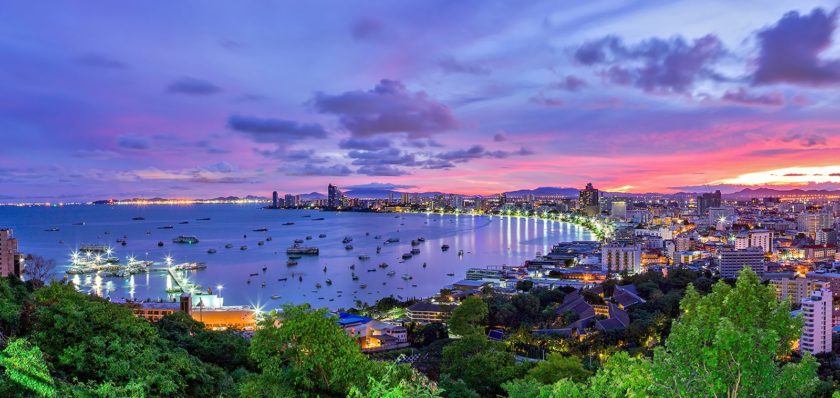
A pint of draught beer costs 157% more in Frankfurt Germany. A kilo of chicken 325% more. A liter of gasoline costs 92% more. And a taxi ride will set you back over 1,200% more than it will in Thailand.
Do you come from the land down under?
A meal in an inexpensive restaurant will cost 393% more in Melbourne. A domestic draught beer costs 223% more. Drinking water more than 250% more. And you might want to give up smoking as a pack of cigarettes costs nearly 500% more.
Nobody is surprised that Thailand remains cheaper than their home country. But, what about other expatriate havens in the region? Could you make your shriveling currency go farther somewhere else?
Here’s the numbers on some popular alternatives:
While overall consumer prices in the Philippines are slightly lower, things like rent, food and transportation are significantly higher. Utilities are 50% higher and other necessities like internet and mobile phone minutes are both over 100% higher.
And let’s not forget to mention that The Philippines is still a third world country.
Think Cambodia is cheap?
Overall consumer prices are slightly higher compared to Thailand and things like groceries and transportation are way higher. Utilities are over 50% more as well as their unreliable internet and mobile phone costs. And, Cambodia is a fourth world country.
Vietnam fares pretty well versus Thailand. Most things including rent are cheaper. Then again, it depends on your lifestyle. If you like to cook your own food, groceries can be significantly more expensive. If you don’t drive a car or motorbike, a taxi ride will cost you 200% more.
All these statistics come from the cost of living comparison websites Numbeo or Expatistan so argue with them if you feel inclined. Personally, I enjoy going to the movies for less than $3 USD, Paying $500 a month for a nice condo near the beach and getting a mani/pedi for the price of the tip back home.
No, it ain’t as cheap as it used to be, but it still beats the hell out of wherever most of us come from and it’s still Thailand isn’t it?
By Bart Walters


